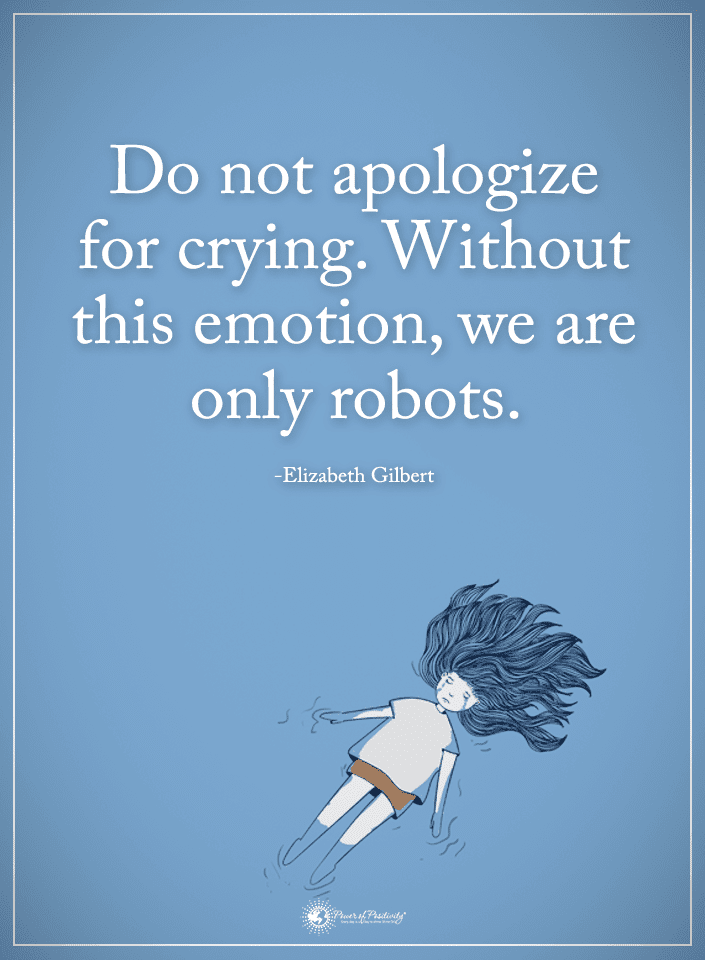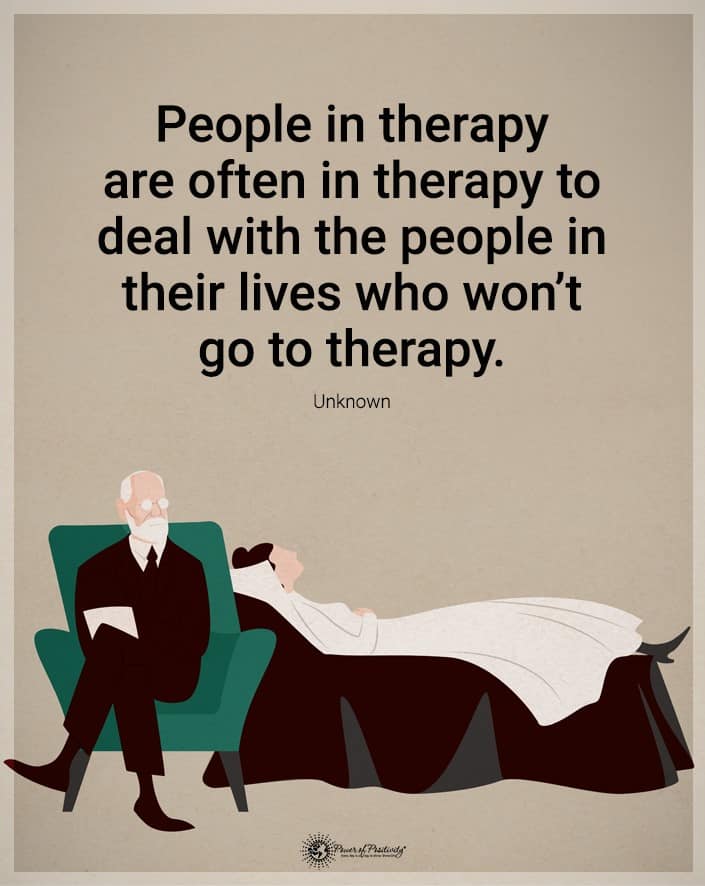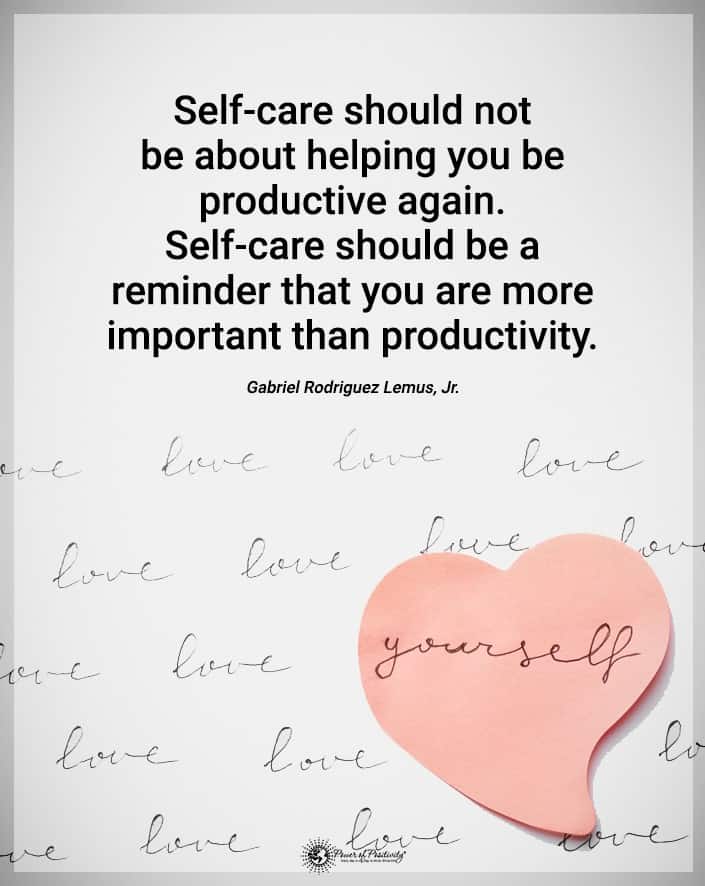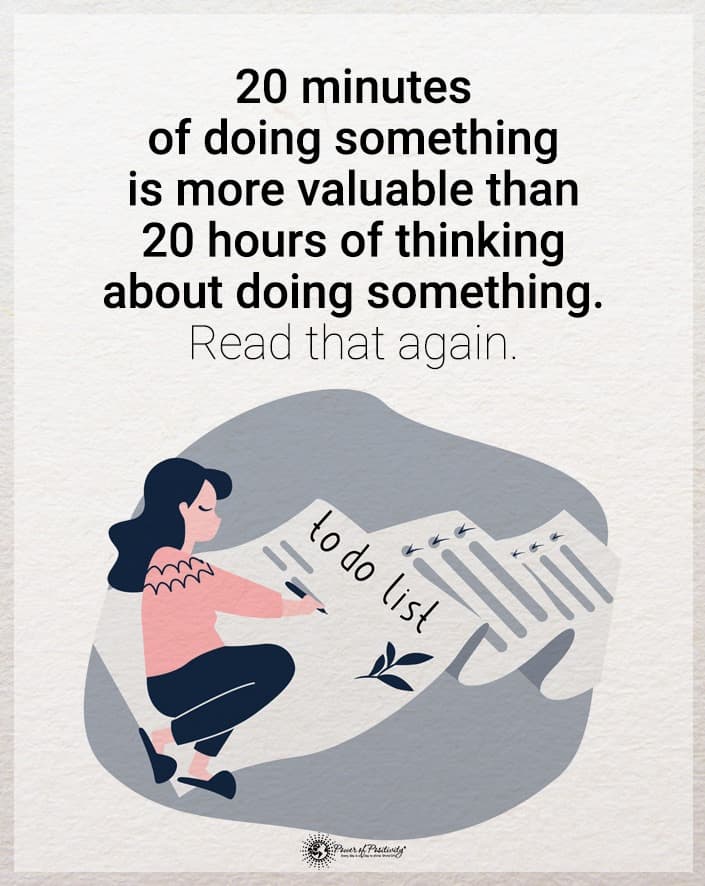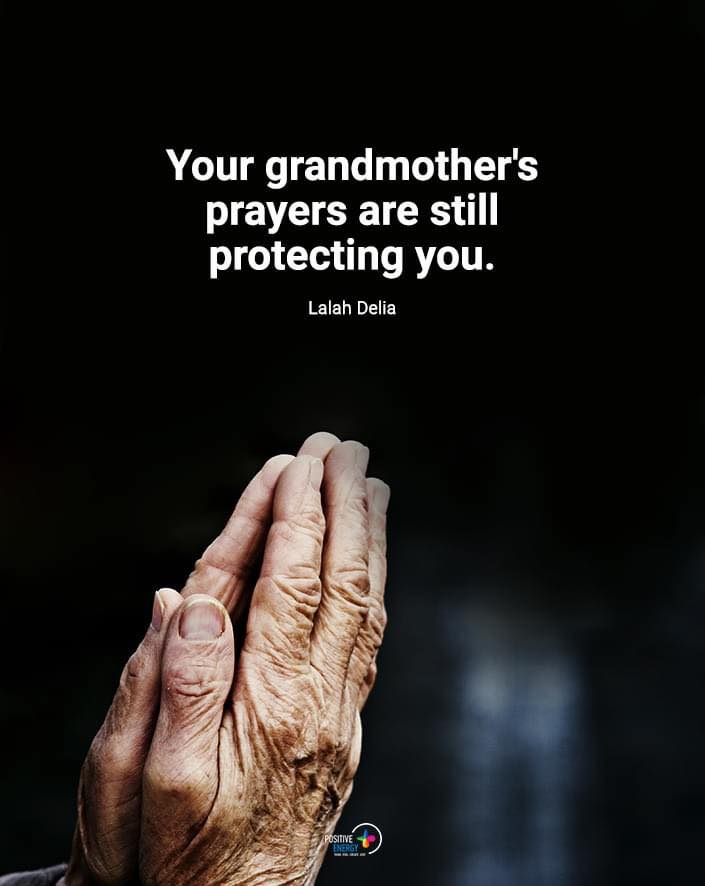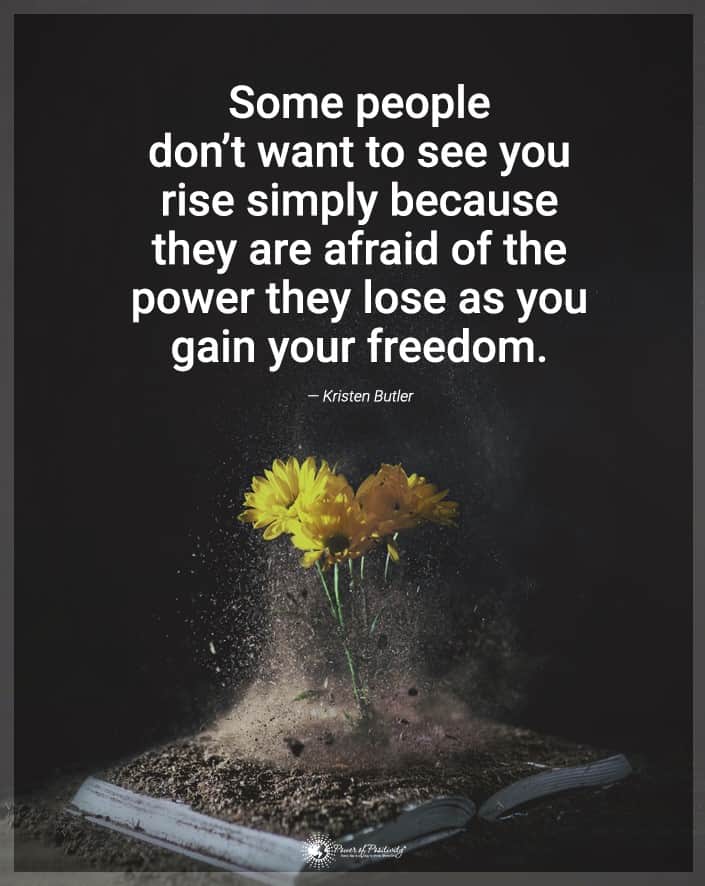Grief is a normal human emotion, and most people will experience it in their lifetime. In an ideal situation, an individual will process grief and move on from it in time. It is true that some grief, even after it is processed healthily, will linger as an awareness of loss. But the bottom line is that positive grief management will eventually bring you to a new chapter. The goal is to keep moving forward, not to become stuck in frozen grief.
Frozen grief is a form of grief that, as its name suggests, is frozen – and it also makes you frozen.
It’s a grief that does the following things:
- It lasts for longer than it should
- It doesn’t get healthily or properly processed
- Does not run a typical course
It often occurs when someone is taken aback by the sudden occurrence of a form of loss, which stunts the natural grieving process and makes it, so there was no opportunity to prepare for it.
Although frozen grief is not a psychiatric term, it can be referred to by its official names, complicated grief disorder or persistent complex bereavement disorder. This occurs when you experience severe grief symptoms even after 12 months of your initial bereavement and is a condition that often requires professional help.
If you’re stuck in frozen grief, you may be reluctant to seek treatment for it, and it may have even become a comfortable (but negative) state for you. However, you are sure to have noticed the adverse emotional and physical effects that it has had on your life. If you haven’t been paying attention to them, here are three ways frozen grief can make you sad and irritated.
1. Frozen Grief Often Stems From Loss
Ambiguous loss is a form of loss that involves a lack of understanding or closure over the aforementioned loss. It’s a loss that makes you desperately try to seek answers, leading to unresolved sadness and grief. There are many forms of ambiguous loss, but frozen grief is one of them.
The problem with ambiguous loss and why it can hurt so much and cause irritation and sadness are because it may cause many difficult questions that you ask yourself, say studies. And, of course, these questions can’t be answered.
 You may ask yourself questions such as:
You may ask yourself questions such as:
- Am I allowed to date again when my partner has been missing for two years? Or am I still committed to them? Would it be a dishonor to them to enter a new relationship?
- Even though my cancer is in remission, is it safe for me to stop worrying about it? What if it comes back? What happens to the years of my life I lost to treatment? Can I genuinely go back to my everyday life?
- Am I still truly the child of a parent who has Alzheimer’s and no longer remembers who I am or that they even had me? Should I take on a different role for them to ease their pain?
- Is it wrong for me to try to move on or heal from the sudden death of a loved one? Does that dishonor their memory? What if I forget them if I stop grieving? What if this happens to someone else?
Not all frozen grief is necessarily ambiguous grief. But in many cases, it is, and that can worsen the entire grieving process. As such, you need to seek aid for ambiguous loss and learn to let go of the need for closure, though that is easier said than done. After all, research indicates that closure isn’t as necessary as we think it is.
2. Frozen Grief Is Chronic
Pain that lasts beyond the typical period for that kind of pain can be a chronic form of pain. Though this word is usually reserved for more obvious physical illnesses, it can also apply to grief. And, by definition, frozen grief is chronic because it involves prolonged mourning and sadness, accompanied by an inability to overcome it at all.
Frozen grief also provides a lot of physical symptoms, which are shared with chronic conditions. A lot of chronic situations come with a fair few side effects, and in the case of frozen grief, that includes:
- Irritability
- Stress
- Fatigue
- Anxiety
- Apathy
- Sadness
- High emotional state
- Mood swings
- Physical discomfort
With all of these things happening at once, it makes sense that frozen grief can cause you to stumble and struggle. It’s easiest to manifest these complex feelings as irritation and sadness, which is how they may appear externally, and that could be how you most readily identify them.
Unfortunately, the combination of all those side effects of frozen grief coupled with the emotional state you’re in can lead to a paralyzing situation. You might have to find ways to manage your life in more positive ways. But you find yourself unable to do so.
This can cause you to:
- Abandon your normal life
- Be unable to perform your everyday life’s tasks
- Become too obsessed with everyday life’s tasks, burying yourself in them
- Hide your emotions and tell yourself that everything is fine
Of course, all of those possible reactions also make you more irritated and sad, so it creates a never-ending cycle. That’s why frozen grief is chronic. It continues to perpetuate itself, and eventually, it can reach a point where it’s almost impossible for you to find a way to come back from it.
There comes a time where it may become a part of your life. As a result, positive thinking becomes more and more elusive as time goes on. That’s why it’s essential to think of this kind of grief by the medical term “chronic” – it can permanently change your life.
 3. It Can Be Born From Repression
3. It Can Be Born From Repression
A lot of frozen grief is born from a place of repression, meaning that you are placing the suffering away into your subconscious, or it is already there, and you don’t want to take it out. This might be because:
- To function with constant, prolonged grief, you repress your emotions to focus on daily life.
- Your grief is frozen because you refuse to address it, meaning it is already repressed and is the reason you can’t move forward.
- The emotions you are experiencing are too complex, and you are unable to manage them without shoving them away,
- You feel ashamed because you’re still grieving, so you put on a brave face and act as if you’re totally fine.
Research has unanimously shown that emotional repression is terrible for your wellbeing in many different ways, all of which can contribute to irritation and sadness. These ways include:
· Physical Symptoms
Repressing your emotions can worsen your immunity and immune system, increase blood pressure, worsen heart-related conditions, and cause digestive issues. It may even lead to muscle pain or tension. All in all, it increases your risk of developing many different physical illnesses, even if they alone cannot cause them. Being in pain or discomfort can easily cause irritability and make it harder for you to manage your sadness.
· Upended Lifestyle
Grief is all-consuming and can color your daily life in shades of grey. Frozen grief makes this an almost permanent condition. Your whole life is changed by this grief. You do things differently, you cope differently, you may not take part in your usual hobbies or interests, and your relationships may have changed.
That’s not even counting the ways that the source of your grief may have already turned your world and life upside down, to begin with. So when your grief is frozen, you can’t move out of or away from the situation, the original cause has put you in. This creates an environment that breeds and preserves grief, making it even harder for you to escape and worsening your mood in many ways.
· Tiredness
When you’re repressing your emotions, a lot of energy is going into keeping those feelings down in your subconscious. You get more tired the longer this drags on, as you never really get a break when your grief is frozen and repressed. This fatigue can be worsened by sleep issues, which may occur when you’re struggling with grief, leading to a lot of exhaustion piling on top of each other.
You’ve probably already noticed that you have a shorter temper and lower emotional resilience when you’re tired. So it tracks that this fatigue will cause you to be sad and irritated while decreasing positive thinking.
· False Memories
The last thing you need when you’re dealing with frozen grief are more bad memories – and that may happen when you’re repressing your emotions. Research has shown that emotional repression may lead to the development of false or fake memories, which may exacerbate your grief or lead to further repression. When your memories don’t seem to be shared by anyone else, that can make you irritated at those people, or it can make you sad because you wonder if the subject of your grief is being forgotten.
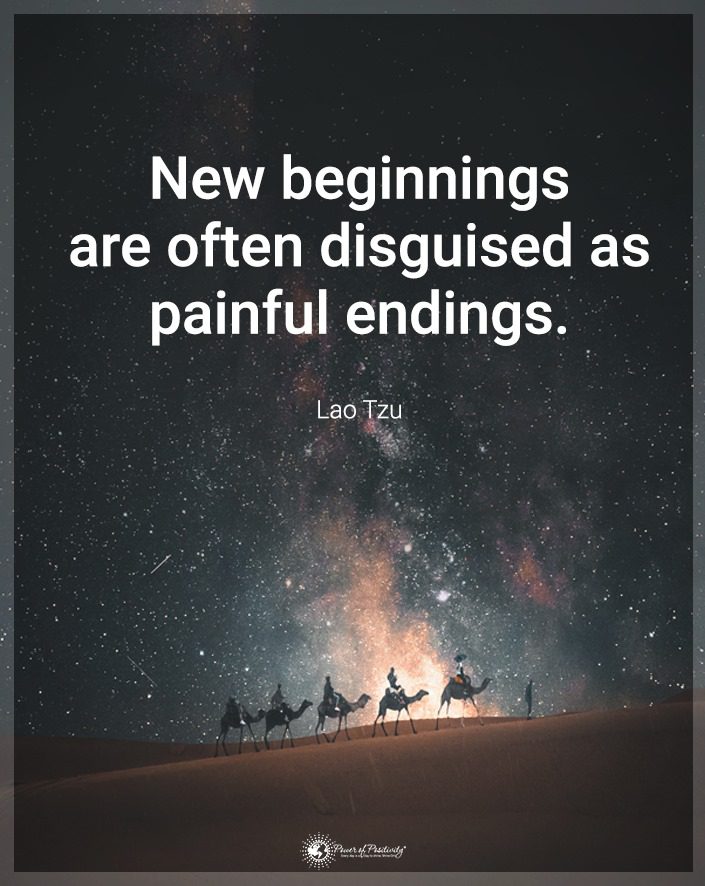 Final Thoughts On Some Ways Frozen Grief Can Make You Sad And Irritated
Final Thoughts On Some Ways Frozen Grief Can Make You Sad And Irritated
Everyone experiences and processes grief differently, and there is no rush to overcome grief as quickly as possible. It would be best to see whose grief passes the fastest if you weren’t “competing” with other people. Grief is not a race, and it is okay if you need to take longer than average or use unorthodox (healthy) methods to overcome it.
But there is no denying that once grief becomes frozen, it is a problem. While it can take a while to process grief, it should not reach a point where that grief becomes stuck, unable to change, or give you space to progress. This is counterproductive and will keep you in your grief for a long time. Thus, it may cause many different health problems from a physical and mental standpoint.
If you are experiencing frozen grief, you should seriously consider its effects on your life. Long-term experiences of chronic grief can become a permanent part of your life if you never get to address it. If you need help dealing with frozen grief, therapy is a standard course of action to treat it. Don’t feel ashamed if you need to seek help; everyone needs aid sometimes!


